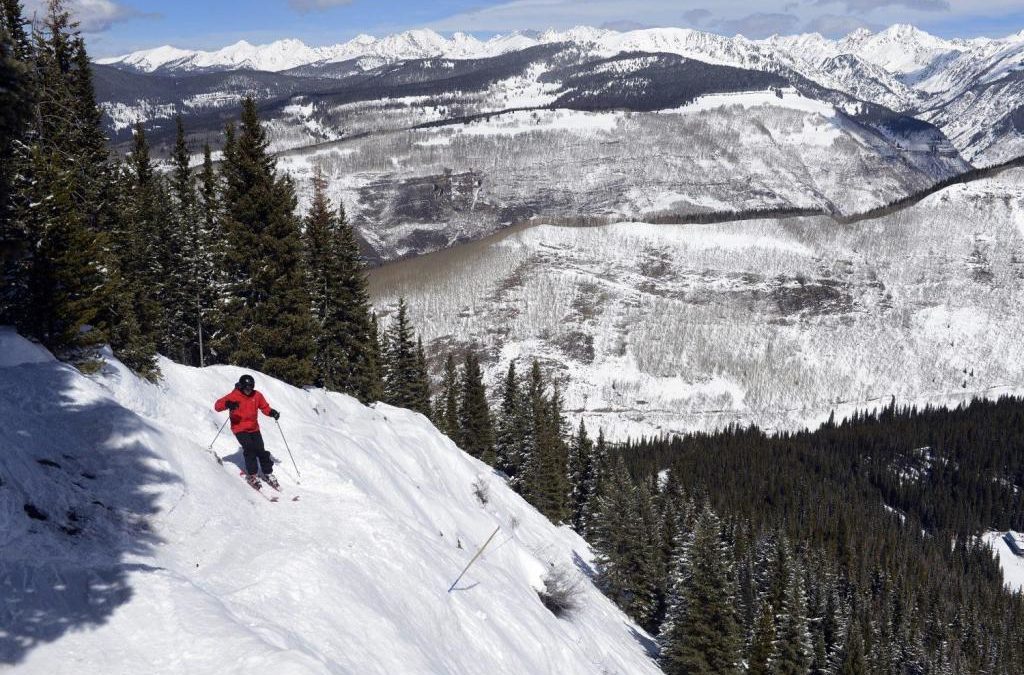Vermont regulators this month issued a cease-and-desist order to Vail Resorts, alleging that the Colorado-based ski giant is reneging on an agreement with roughly 30 immigrant investors that could lead to their deportation.
These foreign investors came to the United States under the EB-5 Immigrant Investor Program — created by Congress in 1990 to facilitate economic development in exchange for the chance to receive a green card, or permanent U.S. residency status.
In 2014, more than 100 people invested $500,000 with Peak Resorts — which Vail Resorts bought in 2019 — for the purposes of building an improved ski lodge and upgraded snowmaking facility at Mount Snow in southern Vermont. In return for their capital and job creation, the investors received temporary residency, with the ability to become permanent U.S. residents in the future.
But Vermont regulators, in their Jan. 7 order, said Vail Resorts is trying to return money to dozens of investors involved in the Mount Snow project before their immigration petitions have been processed by the federal government — which, the state argued, would violate Vermont security laws and could result in investors losing their legal status to remain in the country.
“If your application hasn’t been decided yet and you get refunded, you’re out of possibilities to get your permanent green card,” said Michael S. Pieciak, a commissioner with Vermont’s Department of Financial Regulation, which filed the cease-and-desist order. “That’s a very serious outcome for these investors.”
Quinn Kelsey, a Vail Resorts spokesperson, said in a statement that the company is “evaluating our legal recourse” but that it is “confident our practices are fully compliant.”
“Since the Mount Snow EB-5 Project’s formation in 2014, our communications with investors have been transparent, clear and compliant with securities laws,” Kelsey said.
Vail Resorts did not respond when asked why it was refunding the Mount Snow investors.
These investments are primarily an avenue for people to get a coveted green card, rather than make a significant return on investment, Pieciak said.
The state became aware of the refunds in late November and early December when investors told them they had been contacted by Vail Resorts, asking them to complete a form with bank wire transfer instructions.
“These investors were told at the time of their investment that their money would not be returned if it would negatively impact their immigration status,” Pieciak said. “Now, Vail threatens to do the exact opposite.”
Vail Resorts told Vermont regulators in December that the company intended to proceed with the refunds over the state’s objections, according to the cease-and-desist order.
“We are struggling to understand why this is their position,” Pieciak said, “from a moral, ethical or legal standpoint.”
The department is proceeding at the administrative level for the moment, Pieciak said, though it has the ability to escalate the case to state or federal court if needed. Under Vermont law, the state can issue $15,000 fines per violation.
Complicating matters is the fact that the EB-5 program was not reauthorized by Congress, meaning these investors could not simply apply for a new project. The U.S. Citizenship and Immigration Services says it will still process petitions for permanent resident status.
“Again, I will not accept your plan to liquidate as it is a violation of the agreement and also irresponsible to and disrespectful of fellow Mount Snow investors and I will take legal actions if necessary,” one investor told Vail Resorts and Vermont officials in an email. The investor’s name was redacted in the copy provided to The Denver Post.
This content was originally published here.

